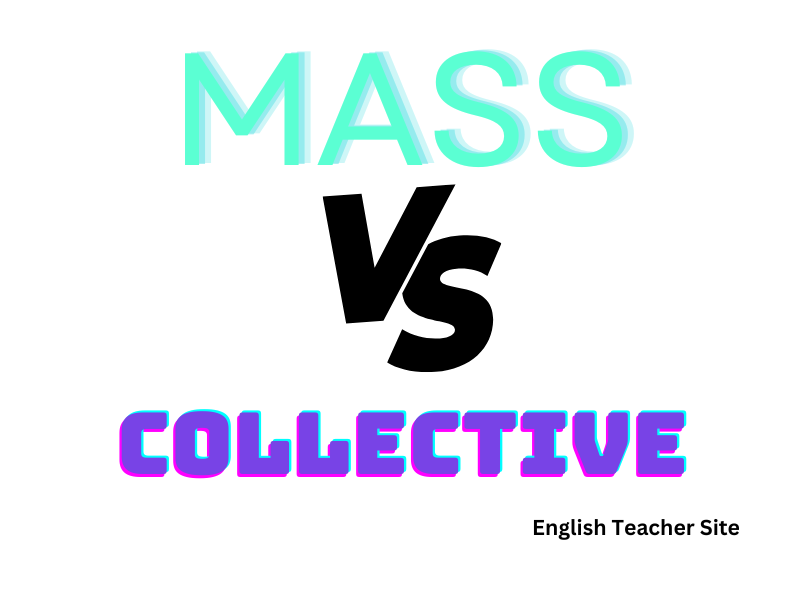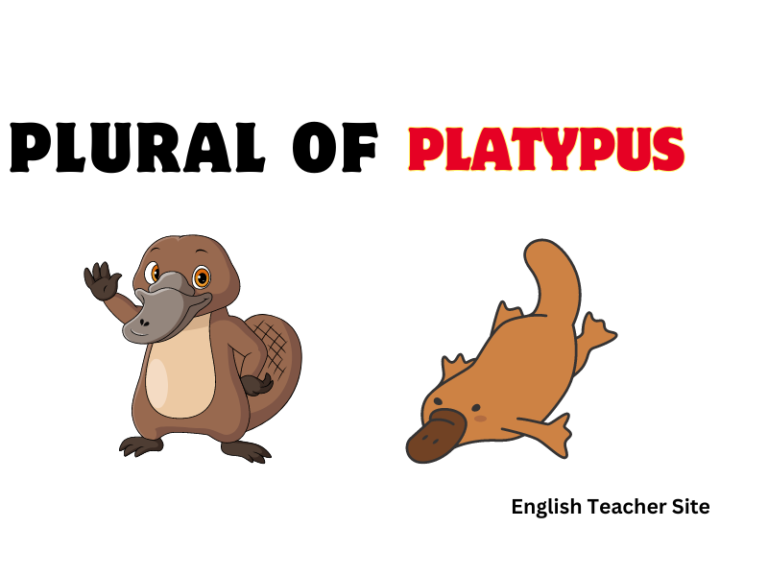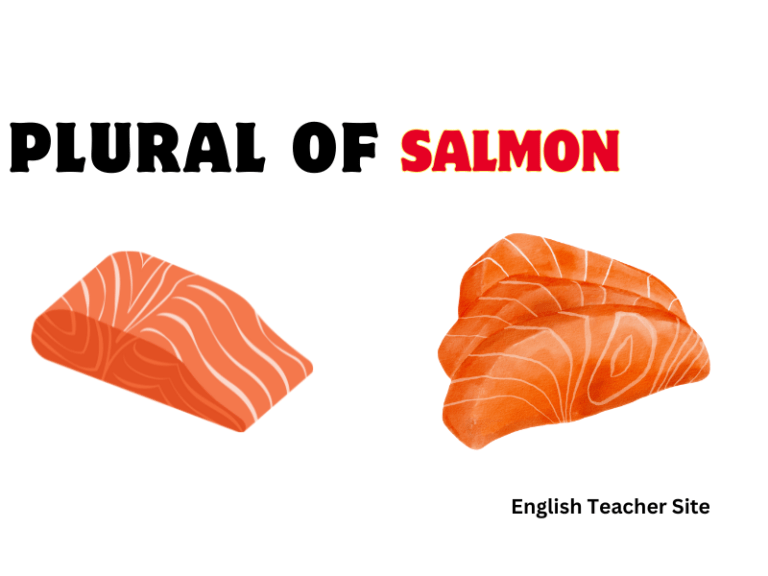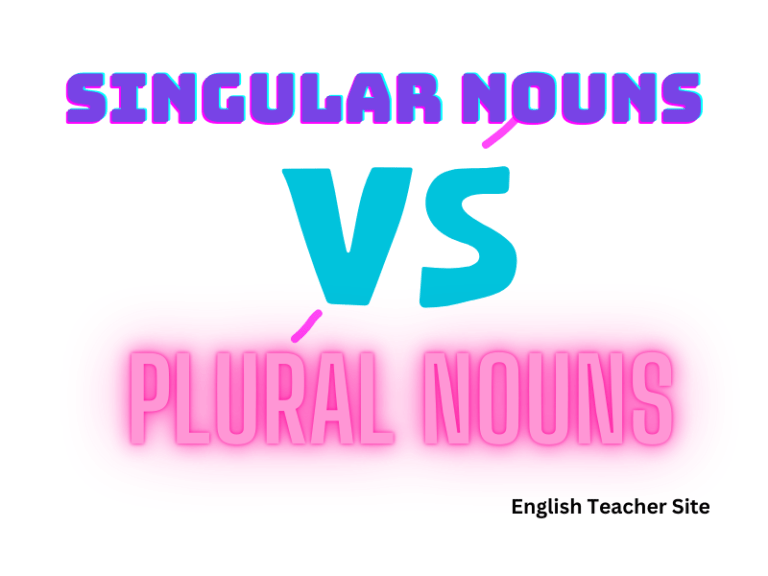What Are Mass Nouns: Understanding the Difference Between Mass and Collective Nouns

- Mass nouns describe undivided substances or concepts and are typically singular.
- Collective nouns denote groups acting as a single entity but can have singular or plural verbs.
- Correctly differentiating between mass and collective nouns improves language clarity.
While mass nouns typically do not have a plural form and use singular verbs, collective nouns, despite representing multiple entities, can still pair with singular or plural verbs based on whether the action is considered collectively or individually. This subtle distinction often leads to confusion, with certain nouns being challenging to classify and use correctly. Therefore, understanding the specifics of mass nouns and collective nouns is crucial for effective communication.
Understanding Mass Nouns
In the realm of grammar, mass nouns hold a distinct role that sets them apart from other types of nouns.
Mass Nouns: Plural or Singular?
Mass nouns, contrary to countable nouns, do not typically have a plural form. They are usually treated as singular even when they denote substances or concepts that can be quantitatively large.
| Singular Mass Noun | Commonly Mistaken Plural |
|---|---|
| Information | Informations |
| Equipment | Equipments |
| Rice | Rices |
Differentiating Mass Nouns and Non-Count Nouns
Mass nouns and non-count nouns are terms that are often used interchangeably to refer to nouns that cannot be counted individually. However, non-count nouns can include abstract concepts or activities which may not have a physical form, while mass nouns often refer to substances or materials.
- Mass Nouns: water, sand, air
- Non-Count Nouns: happiness, swimming
Definition and Characteristics
A mass noun is a type of noun that refers to something uncountable because it’s typically undivided, not in discrete units, and cannot be combined with numbers or the article “a”.
Characteristics of Mass Nouns:
- Uncountable: They cannot be counted using numbers.
- Cannot take ‘a’ or ‘an’: They do not work with indefinite articles.
- Indivisible: Often represent items that are too small or too abstract to be divided into countable units.
Examples of Mass Nouns
Understanding mass nouns is facilitated by encountering them in daily language. Here are some examples:
- Substances: water, air, rice, gold
- Abstract Concepts: wisdom, information, research
- Natural Phenomena: weather, electricity, heat
Collective Nouns vs. Mass Nouns Charts
In distinguishing between collective nouns and mass nouns, it’s important to note that collective nouns refer to groups of individuals or items, whereas mass nouns denote unquantifiable substances or concepts. This section provides precise charts to help clarify the distinctions and provide concrete examples.
Key Differences
| Aspect | Collective Nouns | Mass Nouns |
|---|---|---|
| Definition | Nouns that refer to a group composed of members | Nouns that refer to items that can’t be counted |
| Countability | Often countable as they denote distinct entities | Uncountable as they represent a singular concept |
| Quantification | Can usually be modified with numbers | Require a quantifier or measure for specificity |
| Articles Used | Can be used with indefinite articles (a/an) | Cannot use indefinite articles (a/an) |
| Plurality | Can be singular or plural based on context | Typically singular, representing a whole |
| Examples | A team of athletes, a class of students | Sand, knowledge, music |
Mass nouns imply a sense of wholesomeness and uncountable quantity, which is why they do not go well with indefinite articles. Collective nouns can represent either a single unit or multiple units, often modified by numbers that specify the members within the group.
Examples of Collective Nouns
- An array of data
- A flock of birds
- A bunch of grapes
- A library of books
These examples demonstrate how collective nouns are utilized to denote specific collections or groups of entities, allowing for a clear understanding of the number of units being referred to.
Commonly Confused Plural Nouns in English
Mass nouns, also known as uncountable nouns, refer to things that cannot be counted individually (like milk or information). Collective nouns represent groups of individuals or items (such as team or bunch).
Here are two tables that contrast examples of nouns that often confuse English learners:
| Singular Mass Noun | Often Mistaken Plural |
|---|---|
| Information | Informations* |
| Rice | Rices* |
| Equipment | Equipments* |
*Incorrect usage
| Collective Noun | Misconception |
|---|---|
| Jury | Juries* |
| Team | Teams* |
| Bunch | Bunches* |
*Sometimes used correctly in plural forms depending on the context.
- Mass nouns do not usually have a plural form. Saying “I have two informations for you” is incorrect because information should not be pluralized.
- Collective nouns may lead to confusion as they can be singular or plural depending on whether the group acts in unison or not. For instance, “The team is winning” uses team as a single unit, whereas “The teams are from different countries” refers to multiple groups.
To avoid errors:
- For mass nouns, always use them in singular form when referring to them in general.
- With collective nouns, consider if you’re talking about one group or multiple groups.
My name is Khamis Maiouf. I am the creator of the English Teacher Site, dedicated to providing valuable resources and insights for students around the world. With a passion for education and a commitment to helping students enhance their skills, I aim to make English teaching more effective and enjoyable for both educators and students.






